Tag Archive for: leadership
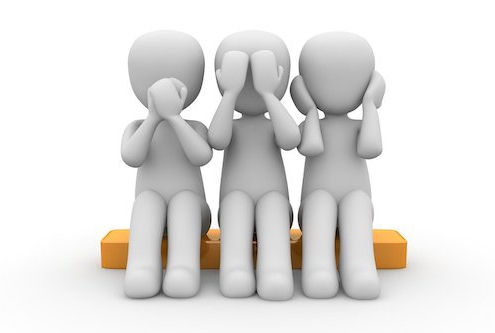
The Psychology of Ford’s Fiesta and Focus Cover-Up
Blog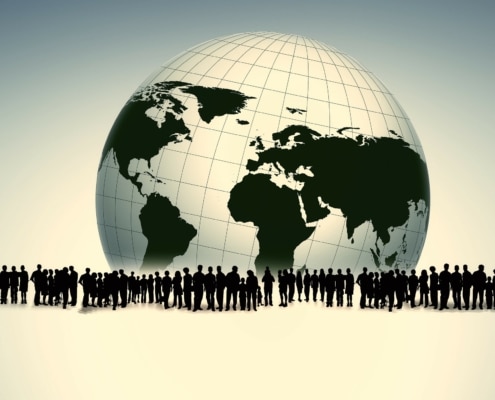
Here Is What Replaces Shareholder Primacy
Blog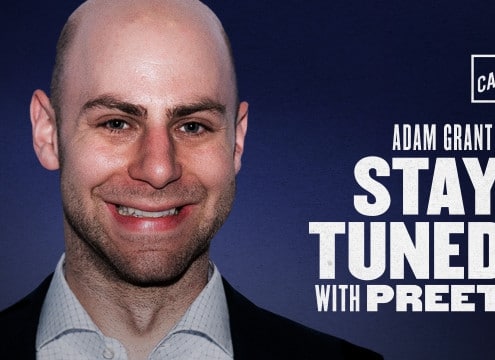
Listen to Adam Grant Talk Leadership Science with Preet Bharara
Blog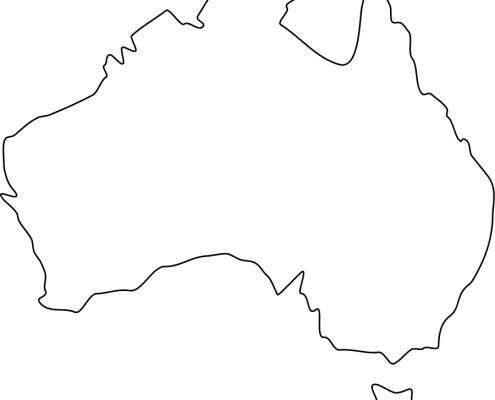
Retail Bank Incentive Schemes in Australia
Blog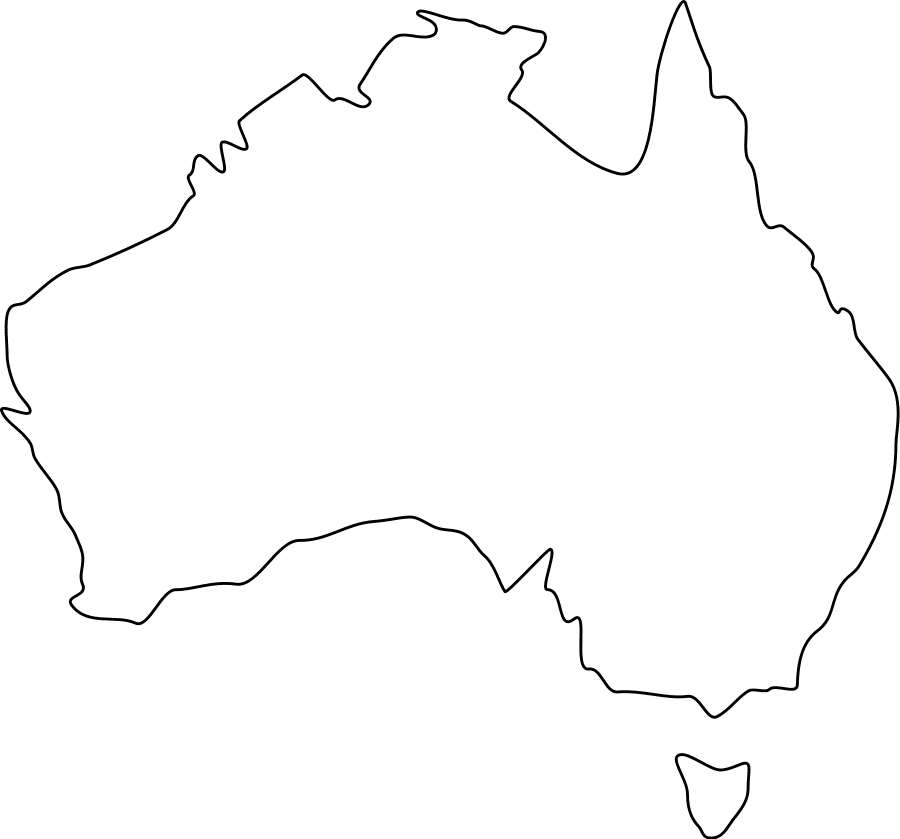 Dennis Gentilin is the author of “The Origins of Ethical Failures” (Routledge, 2016) and the Founding Director of Human Systems Advisory.
Dennis Gentilin is the author of “The Origins of Ethical Failures” (Routledge, 2016) and the Founding Director of Human Systems Advisory.
Last week, Mr Stephen Sedgwick AO released the findings from his review into remuneration arrangements for retail banking staff in Australia (the final report can be downloaded here). The review is part of a broader program of work being undertaken by the Australian Bankers Association that is aiming to address the culture and conduct issues within the banking sector.
With this objective in mind, the review represents a significant (albeit small) step in the right direction. Although some may question whether Mr Sedgwick went far enough, he has squarely placed the ball in the banks’ court and left them under no illusions that change is needed.
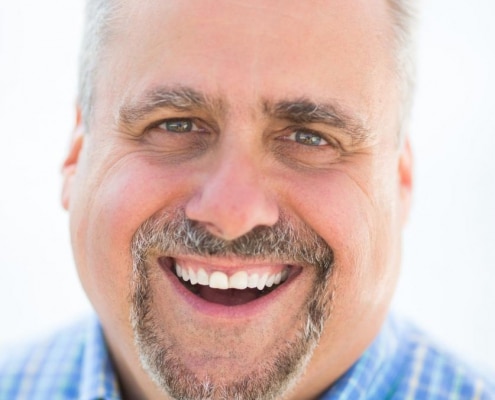
Featured Ethics [and Leadership] Scholar for March: Ron Carucci
Blog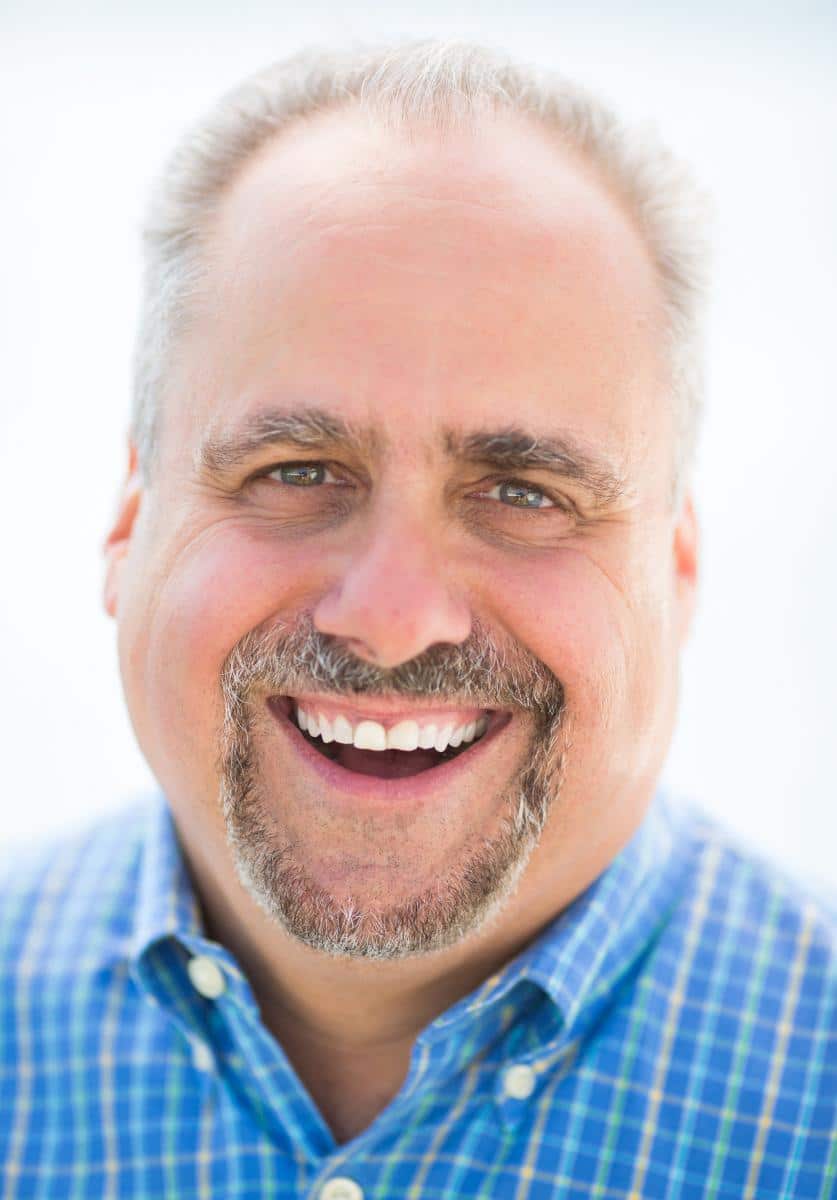 Interview with Ron Carucci, author, leadership consultant and cofounder / managing partner at Navalent
Interview with Ron Carucci, author, leadership consultant and cofounder / managing partner at Navalent
What are your main areas of research/work?
My colleagues and I at Navalent spend our days working with organizations pursuing dramatic change. That could be changes in strategy, re designs of organizations, or strengthening of leadership capability. Our writing and research focuses on those same areas – we see our intellectual capital as the opportunity to learn on behalf of the clients we serve.
How does strengthening leadership help reduce ethical misconduct in companies?
If you think about the nature of many ethical misconduct, they can often emanate from previously undiscovered character flaws that get exposed when leaders are pressured in broader roles. Preparing leaders early in their careers to assume increasingly bigger jobs can help reduce the likelihood that the challenges of power and resources, political rivalries, or intensified performance pressures won’t drive leaders to make short-sighted, unethical choices.
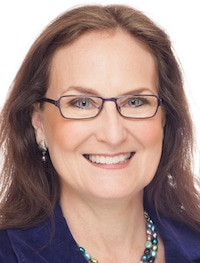
Featured Ethics [and Governance] Scholar for February: Andrea Bonime-Blanc
Blog Interview with Andrea Bonime-Blanc, Author and CEO of GEC Risk Advisory
Interview with Andrea Bonime-Blanc, Author and CEO of GEC Risk Advisory
What are your main areas of research/work?
Even though I teach at a couple of universities (including NYU and ESADE) and hold a PhD (in political science), I am not a scholar in the traditional sense of the word. I have always worked as a lawyer or corporate executive for global companies and four years ago started my own strategic advisory firm (GEC Risk Advisory). That said, my current advisory practice falls under the general rubric of “Strategic ESG (environmental, social and governance) Risk and Value Creation”. Subtopics include:
- Governance (including cyber-risk governance)
- Ethics and culture
- Strategic risk
- Reputation risk
- Crisis preparedness
- Transforming risk into value
Sometimes clients ask me to do practical research – one of my favorite recent client engagements was preparing a white paper for the board of directors of a leading African bank on future trends in global corporate responsibility. I also use my own research on cutting edge topics like reputation risk and cyber-risk governance to push the limits of where we currently are on finding solutions to current serious challenges in the marketplace, focused almost exclusively on what the board and the c-suite need to know.
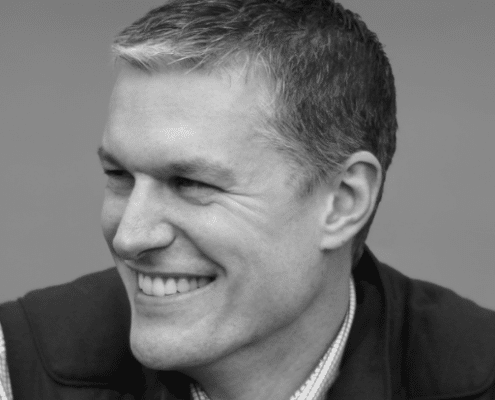
Featured Ethics Scholar for December: Dennis Gentilin
BlogInterview with Dennis Gentilin, Whistleblower, Author and Consultant on Corporate Citizenship
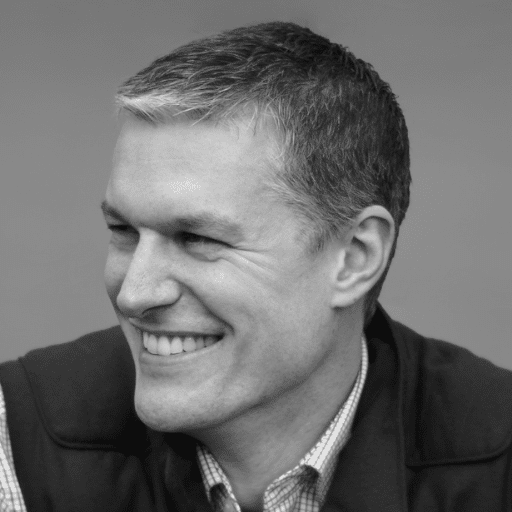 What are your main areas of research/work?
What are your main areas of research/work?
Let me begin by stating that I don’t see myself as a scholar (at least not formally). However I do see enormous value in using the findings and tools from the social and behavioral sciences to help address the ethical challenges facing the business world. This is one of the many reasons I am a big advocate of Ethical Systems.
As one would expect given my experience and background (outlined below), my primary area of interest is employee voice and speak up cultures. What my experience showed me is that even the best “formal systems” (rules, regulations, compliance and other such artifacts) have shortcomings. The best (and arguably the only) way to overcome these is to nurture the “human systems” within organizations. A speak up culture is a core component of this latter system.
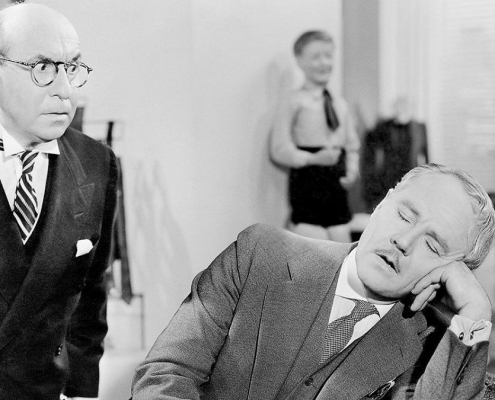
Why Your Hiring Process Keeps Missing Candidates’ Character Flaws
Blog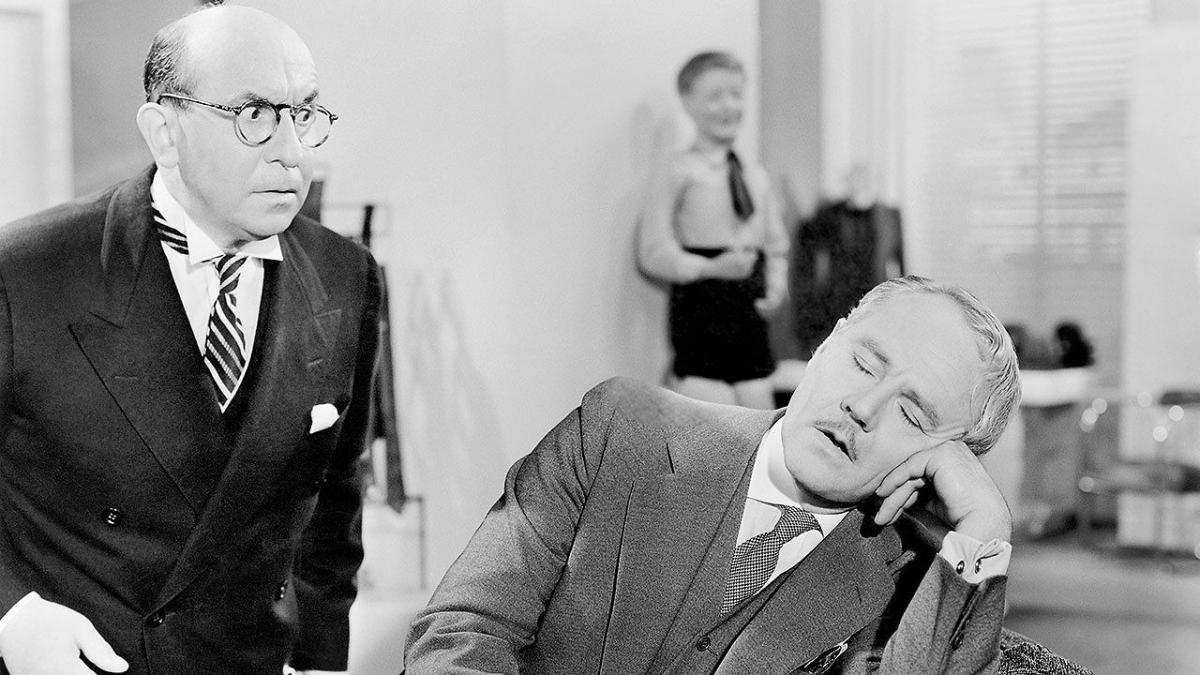 In a captivating article for Fast Company ES collaborator David Mayer, of the Ross School of Business at the University of Michigan, outlines “Why Your Hiring Process Keeps Missing Candidates' Character Flaws.”
In a captivating article for Fast Company ES collaborator David Mayer, of the Ross School of Business at the University of Michigan, outlines “Why Your Hiring Process Keeps Missing Candidates' Character Flaws.”
We at Ethical Systems talk a lot about hiring for ethics and culture, as opposed to hiring for skills and personality, during the interview process. The reason is that the dialogue between employer and potential employee is wrought with miscues, overestimations, hyperbole and a reliance on presenting the best possible version of oneself. In addition, research by ES collaborator Nick Epley, and cited in the Fast Company piece, highlights how we are actually less reliable than we may think when it comes to identifying deceits and spotting potential bad apples.
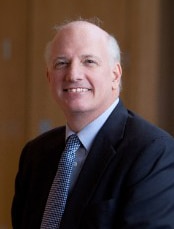
Featured Collaborator for September: Robert Hurley
Blog Interview with Dr. Robert Hurley, Professor of Organization Behavior at Fordham University’s Gabelli School of Business
Interview with Dr. Robert Hurley, Professor of Organization Behavior at Fordham University’s Gabelli School of Business
How does your work on trust help companies that want to improve themselves as ethical systems?
We work with collaborators all over the world to examine in depth what stakeholder trust is and precisely how organizations that earn and sustain that trust operate. We very much agree with the eco system approach adopted by Ethical Systems. In 2012 we formed the Consortium for Trustworthy Organizations to translate this research into practical tools to help organizations move along a path to becoming more trustworthy.
Examples of these tools are executive programs where we teach leaders about trust in leadership and the need to create congruent organizational systems that create a reliable infrastructure to meet stakeholder needs. We have also developed survey tools to diagnose which elements of an organization need improvement to make the organization more trustworthy. Interestingly, our work has shown that there is not a one size fits all approach to developing a more trustworthy organization. Organizations, like people, are unique and our contests present different challenges. As such we must start with a full diagnosis that shows us in what ways we are trustworthy and in what ways we are not. Only then can we start moving in the right direction to meet our own and stakeholders needs.
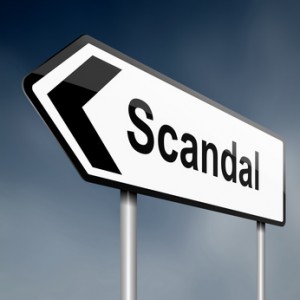
The Scandal Effect: Removing the taint of corporate ethical lapses
Blog Imagine an executive at a company leaves their job in January, six months before the company becomes embroiled in an ethical scandal. The executive now has the taint of a botched job attributed to him/her and, like the smelly car from Seinfeld, it is hard to wash off and seems to follow them everywhere.
Imagine an executive at a company leaves their job in January, six months before the company becomes embroiled in an ethical scandal. The executive now has the taint of a botched job attributed to him/her and, like the smelly car from Seinfeld, it is hard to wash off and seems to follow them everywhere.
A recent article in Harvard Business Review illuminated this phenomenon, shows how much of a long term impact scandal can have on people. The results were shocking (though not so much odiferous).
